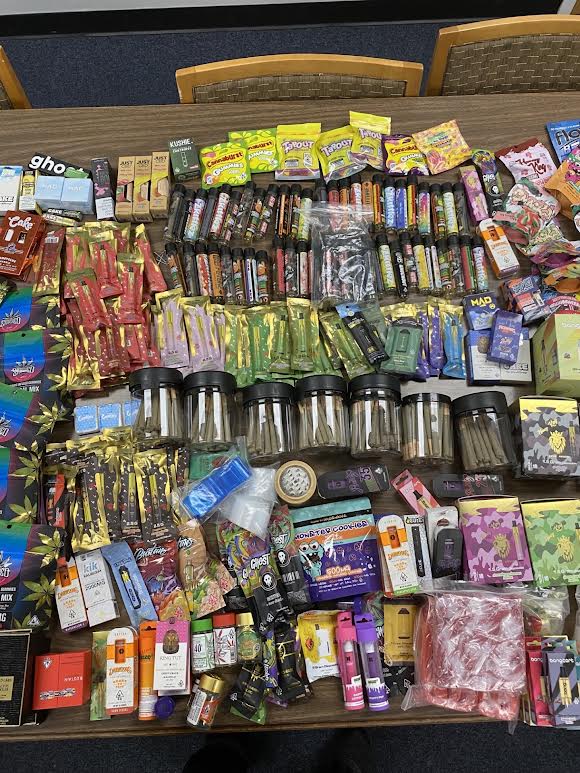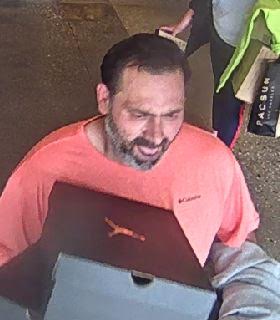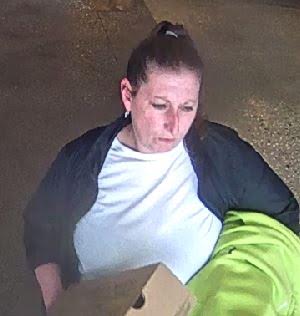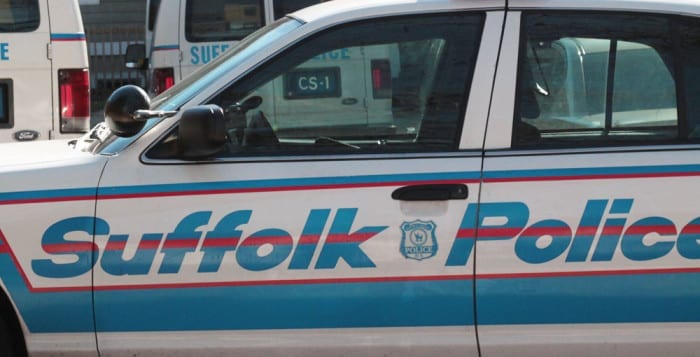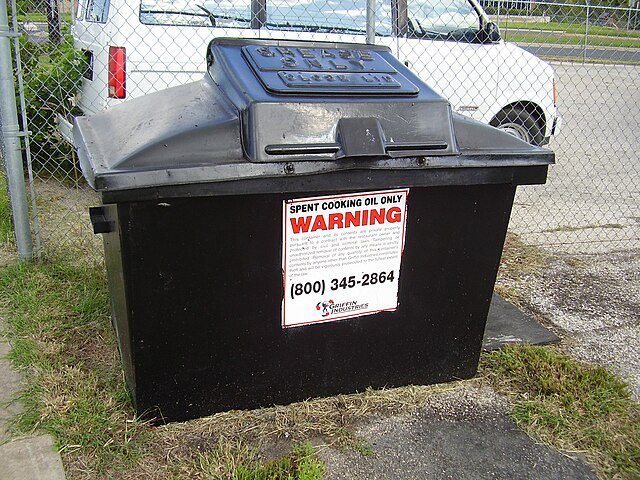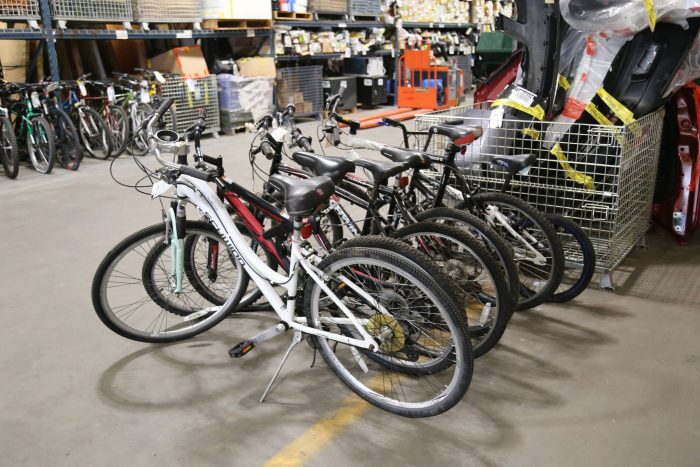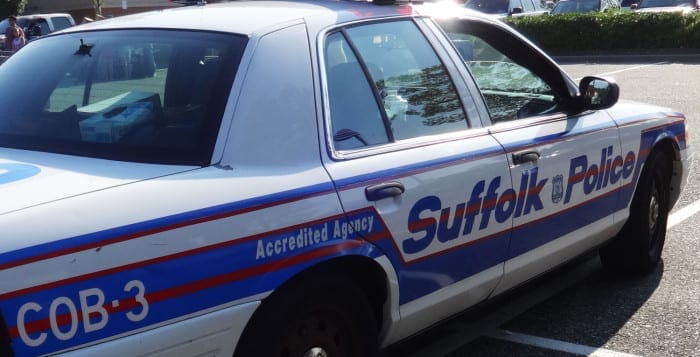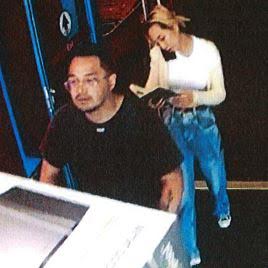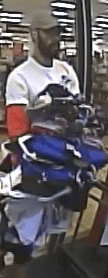Mailbox fishing and check washing, two pernicious crime phenomena, are on the rise.
The United States Postal Inspection Service defines check washing as a scam involving “changing the payee names and often the dollar amounts on checks and fraudulently depositing them.” Often, thieves steal the checks from mailboxes, removing the ink using commonplace chemical agents.
Chelsea Binns, assistant professor at John Jay College of Criminal Justice in New York City, described check washing as an “old school fraud” that is ascending in popularity.
“It is actually the second most common form of consumer fraud right now,” trailing only identity theft, she told TBR News Media in a phone interview.
Carrying out mail theft is relatively simple, Binns noted. Mailbox fishers commonly send a “line” into a post box, often with a sticky end.
“Similar to catching a fish, they’re using these devices and techniques to catch the check out of the mail,” she said.
After stealing the check, criminals can use commonplace chemical agents, such as nail polish remover, to “wash” the stolen checks, removing and changing the payee and amount to suit their preferences. Fraudsters can either cash the check themselves or sell it online in the underground market.
While check fraud is a longstanding practice, the crime has spiked following the COVID-19 pandemic. A February report by the Financial Crimes Enforcement Network indicates mail theft complaints rose 161% between March 2020 and February 2021 compared to the same period over the previous year.
While there have been cases of U.S. postal service employees committing fraud, the report suggested the rise has been driven by non-USPS employees — ranging from rogue individuals to organized criminal operations — carrying out mail thefts.
David Shapiro, a distinguished lecturer at John Jay College, is a fraud risk and financial crimes specialist. Reached by phone, he detailed why these crimes are multiplying regionally and nationally, noting the relative ease with which one can become a check fraudster.
“It’s a low-tech fraud, so it makes it available to so many people,” he said. “Granted, it can get higher tech when you want to expand the network and make it more profitable for organized criminals … but you can enter this business basically as a solo practitioner.”
Compounding this problem is the crime’s profitability, which he indicates has increased considerably due to broader financial trends.
“The number of checks in circulation is way down, but the average value of the checks is way up,” he said. “Now you’re fishing, but you’re not fishing for minnows. You’re fishing for flounders, making it more appealing to the low-tech street thief.”
While much of the national discourse around these crimes centers around security breaches within the postal delivery system, Shapiro regarded the problem primarily as a payment system problem.
“It’s being driven by the banks because the banks are ultimately liable for this kind of thing,” he said. “The customer is not out [of pocket], generally. The fraudster gets away, so basically it’s a bank liability.”
Given the scale and reach of the crime, these losses can compound astronomically. Earlier this year, Randy Hutchinson, president and CEO of the Better Business Bureau of the Mid-South, reported that check washing now accounts for more than $815 million per year in losses to individuals, businesses and financial institutions.
In the face of these challenges, there are tangible ways to protect oneself from mailbox fishing and check washing. Binns advises using a black-ink gel pen when writing out checks.
“That sinks into the check’s fibers, and it can’t be washed,” she said.
The assistant professor also advised against using one’s residential mailbox for check deliveries, and recommended mail with issued checks be taken directly to the post office and handed to a postal worker. She said mailboxes, even those placed outside the post office, are at risk of fishing.
She lastly advised consumers, particularly elders, to explore transitioning to online payment systems, removing the risks associated with paper checks altogether.
“Unfortunately, it’s time for us to change our habits to try to combat this,” Binns concluded.

